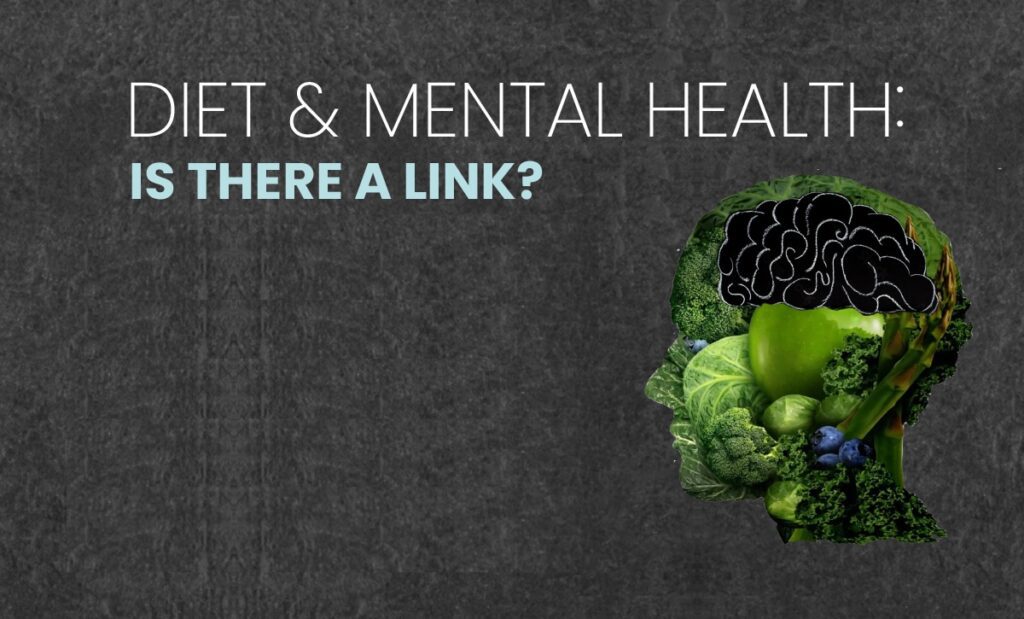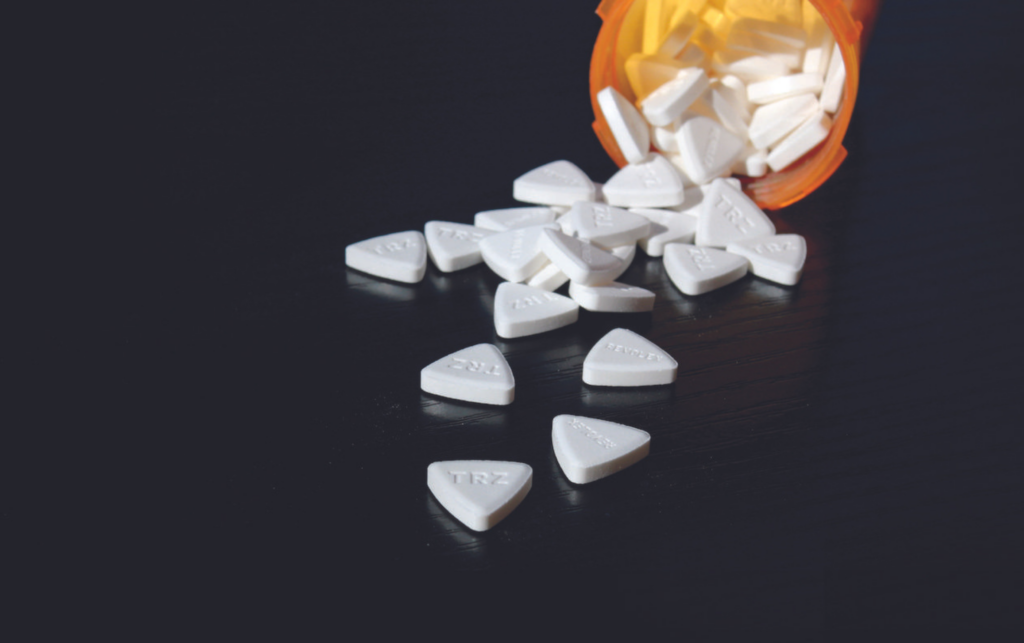We’re taught from an early age that a healthy diet helps us look and feel our physical best. However, what we eat influences more than just our bodies. It also affects our mental health.
The Gut-Brain Connection
The connection between your emotions and diet stems from the close relationship between your brain and gastrointestinal tract (the “second brain”).
Your GI tract is home to billions of bacteria that influence the production of neurotransmitters (chemical substances) that carry messages between your gut and brain.
A healthy diet promotes the growth of “good” bacteria, which is essential to your health. The “good” bacteria:
- Provide a strong barrier against toxins and “bad” bacteria
- Limit inflammation in your gut
- Improve how well you absorb nutrients from your food
- Activate neural pathways that travel between the gut and brain
Processed foods, on the other hand, are more toxic to your body. The harmful microbes overcome the good bacteria in the gut and create inflammation. Disruption of the bacterial balance could result in a worsening of anxiety and depression.
Improve Your Digestive Health
Our RM Probiotic Plus supplement is a great option for extra support as it delivers healthy, good bacteria to your GI tract.
Enhancing Mental Health With Nutrition
Have you ever turned to comfort food when you felt anxious, stressed, or depressed? While it may provide temporary relief, comfort food can potentially exacerbate the symptoms you are trying to relieve. Instead, try incorporating more of these nutrients into your diet to help enhance mental health.
Vitamin D
Vitamin D assists with the production of serotonin, which we usually get from exposure to sunlight. Research shows that 80% of our daily vitamin D requirement can be acquired by spending 10-15 minutes in the sun. You can also take RM Multi 365, which contains vitamin D and other nutrients to maintain your body’s optimal health.
Magnesium
This is an essential macronutrient that plays a key role in your mood. A supplement like Natural Vitality CALM® can ease stress responses and give your magnesium levels a healthy boost.
Omega 3s
The reduction in anxiety caused by omega-3s (a.k.a. healthy fats) is thought to occur via neurochemical and anti-inflammatory mechanisms that affect the brain. A recent study found that the more eicosapentaenoic acid (EPA) people consumed, the less anxiety they experienced.
Spices
Spices don’t just add flavor – many can boost antioxidant and anti-inflammatory properties that increase brain health. The active ingredient in turmeric (called curcumin) may help reduce inflammation and oxidative stress that increase in people with anxiety and depression.
Bonus Tip: Don’t Forget to Eat the Rainbow
Add color to your plate daily to ensure you get the nutrients your brain and gut need. The diversity of colorful foods is an easy way to get all the nutrients your body needs to thrive.
Curious about which RM-approved foods can help enhance mental health? Book an appointment with one of our licensed medical providers to get started.







